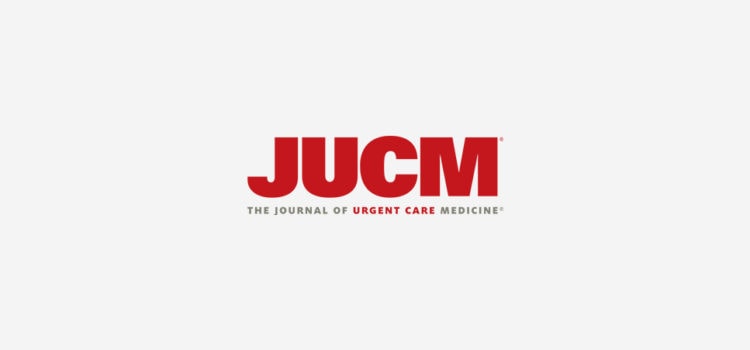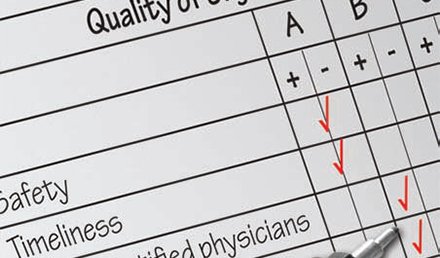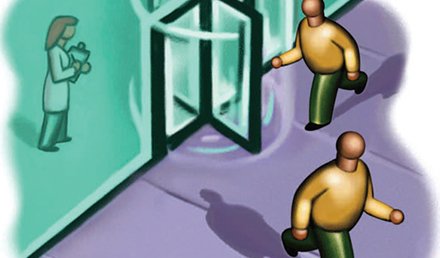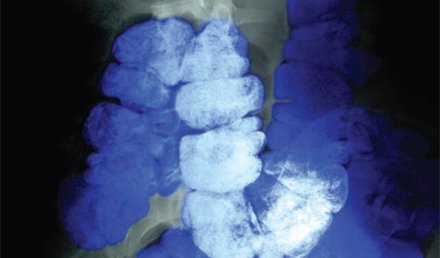There is a broad consensus that our country’s current recession will advance to become the harshest economic crisis we have faced since the Great Depression.On the surface, spiraling unemployment and broad-based financial pressures portend trouble for most urgent care clinics. Yet, crisis inevitably breeds opportunity if clinic owners avoid being caught like a deer in the headlights and proactively move forward.This month’s column addresses economic realities and what clinics can do now—not just to stay …
Read More
The Quality of Care at Urgent Care Centers
Urgent message: New data reveal that urgent care compares favorably with other practice environments when it comes to select key quality indicators. Developing methods to assess the quality of healthcare in any clinical area is a complicated affair. Many individuals have devoted large parts of their careers to quality measurement, and several national organizations such as The Joint Commission and the National Quality Forum—exist solely for the purposes of measuring and ensuring the quality of …
Read More
44-year-old male suffering shortness of breath
A 44-year-old black male presents to the urgent care center complaining of worsening shortness of breath. On examination, the patient exhibits a dry cough, but his lung sounds are essentially normal. The patient\’s temperature is 100.3°F, and his vital signs are within normal limits. The only remarkable finding is papules seen at the rim of his nose. View the photo taken and consider what your diagnosis and next steps would be.
Read MoreAbstracts in Urgent Care – February 2009
Assumptions About Uninsured Patients in U.S. EDs: More Fiction Than Fact Key point: Commonly held beliefs were either debunked or found to be equally true for insured patients. Citation: Newton MF, Keims CC, Cunningham R, et al. Uninsured adults presenting to U.S. emergency departments: Assumptions vs, data. JAMA. 2008; 30: 1914-1924. Recent physician testimony before Congress asserts that uninsured and underinsured patients unnecessarily drain emergency department medical resources. To evaluate the evidence for this and …
Read More
The Quality of Care at Urgent Care Centers
Urgent message: New data reveal that urgent care compares favorably with other practice environments when it comes to select key quality indicators. Robin M. Weinick, PhD, Steffanie J. Bristol, BS, and Catherine M. DesRoches, DrPH Developing methods to assess the quality of healthcare in any clinical area is a complicated affair. Many individuals have devoted large parts of their careers to quality measurement, and several national organizations—such as The Joint Commission and the National Quality …
Read More
The Case of a 28-Year-Old Pregnant Female with Shortness of Breath

February 2009

Management of Patients Presenting with Constipation
Urgent message: Constipation can be a sign of serious – even life-threatening – etiologies. Once non-benign causes have been ruled out, emphasis should be on evacuation and dietary and lifestyle changes to prevent recurrence. Claire West, MD, Samuel M. Keim, MD, MS, and Peter Rosen, MD Introduction Constipation is a common complaint, accounting for approximately 2.5 million doctor visits annually. With increasing difficulty in obtaining a quick appointment with a primary care physician, more and …
Read MoreDeveloping Data: February, 2009
In early 2008, UCA revamped its annual survey in conjunction with researchers at Massachusetts General Hospital and Harvard University with the goal of assuring that the UCA Benchmarking Committee’s efforts produced as scientifically valid report. Over the coming months in Developing Data, JUCM will present some of the findings from this landmark survey, to which 436 urgent care centers responded. In this issue: Who owns all those urgent care centers, anyway? Note that the entrepreneurial …
Read MoreThe Only Constant is Change
As I contemplate my own professional transition, from an academic mega-hospital to a private urgent care venture, I have been through the usual rollercoaster of emotions that accompany any major life changes: Stress (physical, mental, and emotional): Change requires simultaneously managing the process you are changing from and the process you are changing to. That’s double the work. In a complex profession like ours, I think everyone will agree there’s enough stress managing just one. …
Read More